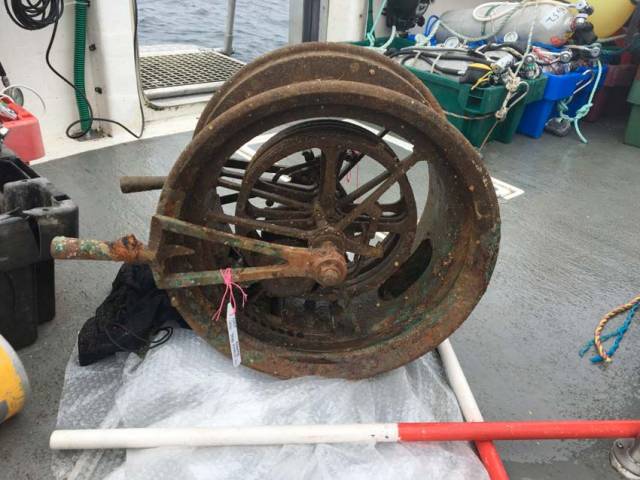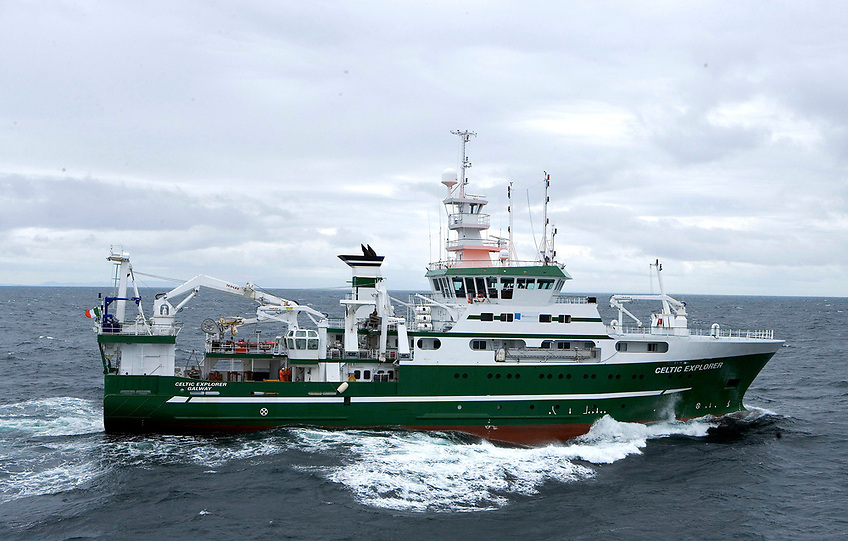The US businessman owner of the Lusitania wreck off the West Cork coast has gifted it to a local heritage group planning a new museum around the historic vessel, as the Irish Examiner reports.
Gregg Bemis signed over the wreck to the operators of the Lusitania Museum and Old Head Signal Tower in Kinsale, in the hopes of continued efforts to discover what really happened when it was sunk by a German U-boat 104 years ago yesterday, 7 May.
The multi-millionaire had owned the Lusitania since the 1960s and used his own fortune to fund numerous exploratory dives over the years.
Many of these have been fruitful in recovering artefacts, such as two of the ship’s telegraphs in 2016 and 2017 respectively.
But the 91-year-old businessman believes the question of what caused a mysterious second explosion on the ship when it went down still needs to be solved — contrary to allegations made in a National Geographic documentary in 2012.
Bemis has also been at odds with the State over its strict licensing rules for wreck dives — and the Lusitania’s new owners hope the Government will relax these rules to encourage their own planned research and recovery efforts.
It’s intended that many items recovered from the Lusitania will take pride of place in a ‘living museum’ in the area dedicated to the ocean liner’s remarkable story.
Dungarvan diver Eoin McCarry, a friend of Bemis, said: “It’s like as if the Lusitania is coming home.”
The Irish Examiner has more on the story HERE.































































